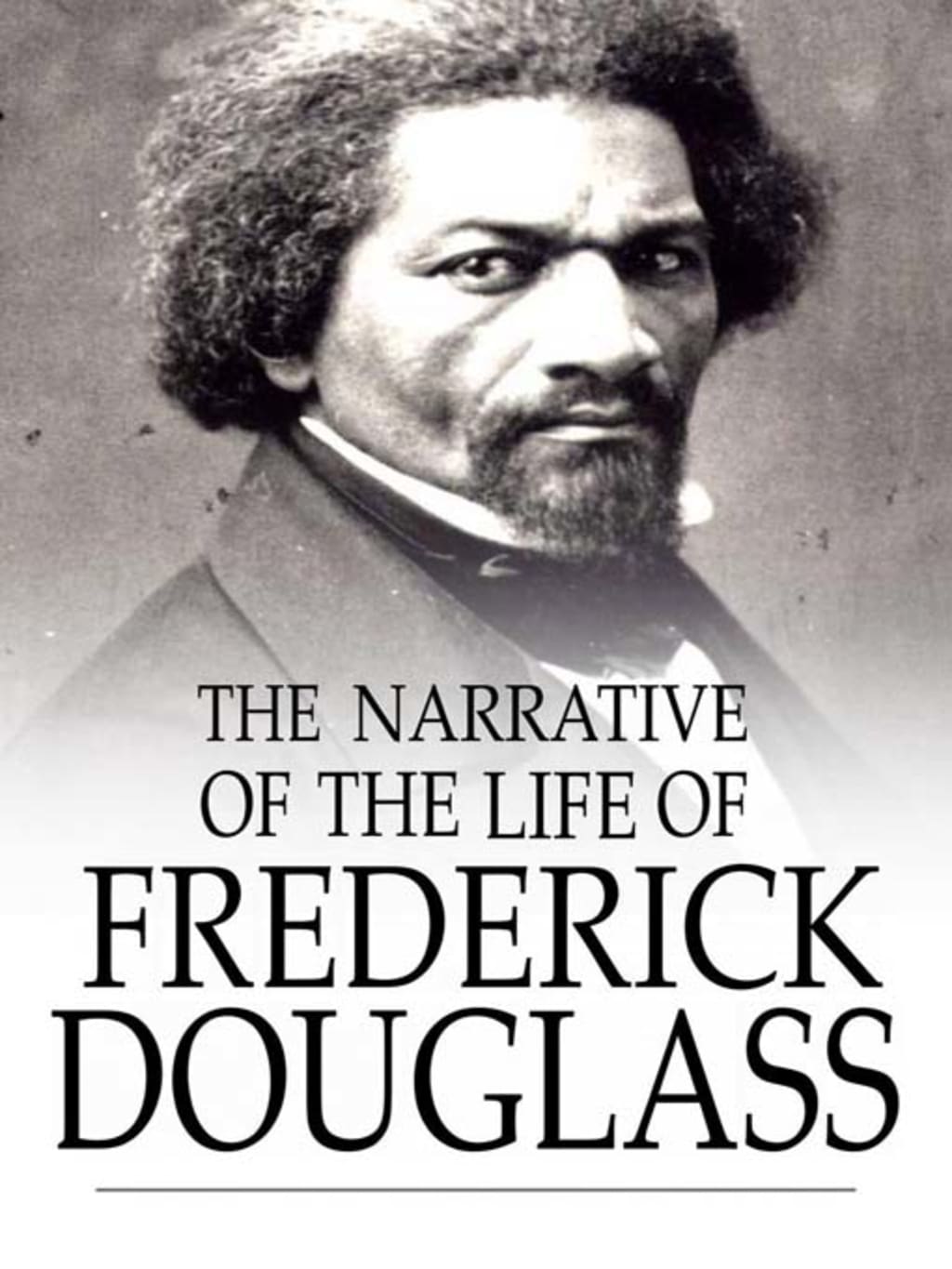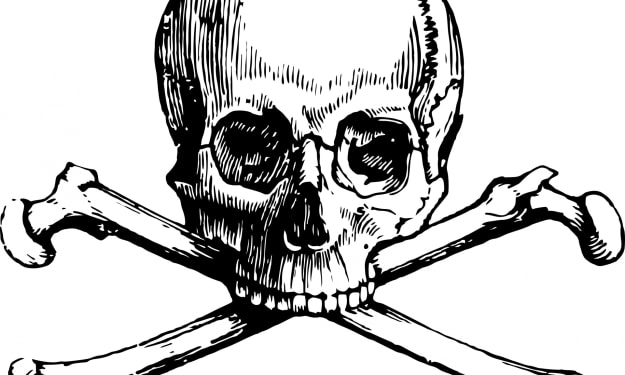American Slavery
An Essay on 'The Narrative of the Life of Frederick Douglass'

TheNarrative of the Life of Frederick Douglass was written by himself during a time in America when slavery was still legal in many parts of the country, particularly the south. This book outlines the hardships that he endured while in the bonds of slavery. Douglass describes his many masters and his struggle to learn how to read as a child. While a slave he witnessed many atrocities. He saw his aunt, brother, and countless others brutally beaten.
Douglass does not specify his target audience when writing this book. I believe that his intended audience was all of the American people. He wanted to expose the cruelties of slavery. After reading the story, I can infer that it was written to inspire northern abolitionists and call out southern slaveholders. The abolitionists knew slavery was morally wrong, but they may not have realized the level of abuse these people underwent. The overseers were to be brought to light as the devils they were. Families were torn apart, cultures annihilated, generations were interrupted, and people were massacred like worthless animals.
Frederick Douglass took a stand to uncover the horrors inflicted upon the African slaves and make the Americans understand how bad it is. Without literature to distribute, how could Douglass condemn the southerners who inflicted these injustices upon the slaves and the northerners who did nothing and could not bring themselves to abolish slavery? He spoke out against slavery, in writing, so that the suffering of the slaves would be well-known, recorded in history, and brought to a stop.
In the book Night, by Elie Wiesel, a Holocaust victim describes the horrifying experience that took place in a cattle car filled to the brim with Jews. They were being transported to the concentration camps and the train was stopped. People started throwing bread into the car at them. The men were so desperate and hungry that they fought and killed each other over crumbs. One son even killed his father. The part in the narrative that I reminded me of this gruesome event was when Douglass describes the pitiful situation of the slave girls living across the street from him. He wrote, “Added to the cruel lashing to which these slaves were subjected, they were kept nearly starved. They seldom knew what it was to eat a full meal. I have seen Mary contending with the pigs for the offal thrown into the street” (pg 49).
Different examples of dehumanization are rampant throughout history. One example from the narrative is when the slaves are valued with the rest of the property and animals. Douglass described the situation, writing, “We were all ranked together at the valuation. Men and women, old and young, married and single, were ranked with horse, sheep, and swine. There were horses and men, cattle and women, pigs and children, all holding the same rank in the scale of being, and were all subjected to the same narrow examination” (pg 57). To a southern slaveholder, the people they “owned” were nothing more than animals. The genocide in Rwanda exemplifies this level of dehumanization. Radio broadcasts convinced the Hutus that the minority Tutsis were nothing but cockroaches, depleting their worth and making them easier to destroy. Homicide is the murder of humans, and these situations were genocides, the elimination of entire gene pools of organisms, entirely based on class rank and supported by false beliefs of the superiority of certain races. The African slaves, Rwandans, and Jews were often viewed as pests, not people.
The narrative demonstrates the lack of human compassion that owners had for their "property." One brutal and horrifying event that stood out to me is when Douglass describes the gruesome beating of his younger brother. He wrote that one of his masters “took my little brother by the throat, threw him on the ground, and with the heel of his boot stamped upon his head till the blood gushed from his nose and ears...” (pg 59). The book, Night, which I referenced earlier, also details horrendous actions taken by the people in authority. In the beginning of the story, Moshe the Beadle describes the things that took place when he was deported from their town. He witnessed the police throwing small babies in the air as targets for machine guns.
The Jews were numbered and treated like objects, starved, tortured and murdered by the thousands. If people had numbers and not names, the police would not empathize with them. This kind of dehumanization is also evident in American slavery. When Douglass said “...they much rather see us engaged in those degrading sports, than to see us behaving like intellectual, moral, and accountable beings,” he knew the overseers would have feelings of guilt if they acted like normal citizens (pg 87). If the slaves act like mindless brutes, then the slaveholders would view them as worthless and below themselves. Having that mindset, they feel no guilt when beating them. The torture and death of thousands is caused because of our beliefs of people different from ourselves.
Slavery and segregation are morally wrong. Everyone should be treated equally no matter what their race is. We have to realize that class-ranking and labeling are made by those who have their own interests in mind, and that all men, women, and children deserve the same rights and treatment as everyone else. In Night and The Narrative of Fredrick Douglass, both authors strive to get the word out on the despicable treatment of their people. Not enough people were paying attention to the horrors around them, and they needed to be educated in what was happening to their fellow humans. If enough people hear about it and are outraged by it, something could be done to change it on a nationwide basis. Douglass fueled the fire against the maltreatment of slaves, an important step in the right direction to emancipate the slaves and achieve a free nation, where all men are created equal, and liberty is available to everyone.
About the Creator
Almárëa Laurësil
I'm an aspiring writer, artist, and musician.






Comments
There are no comments for this story
Be the first to respond and start the conversation.